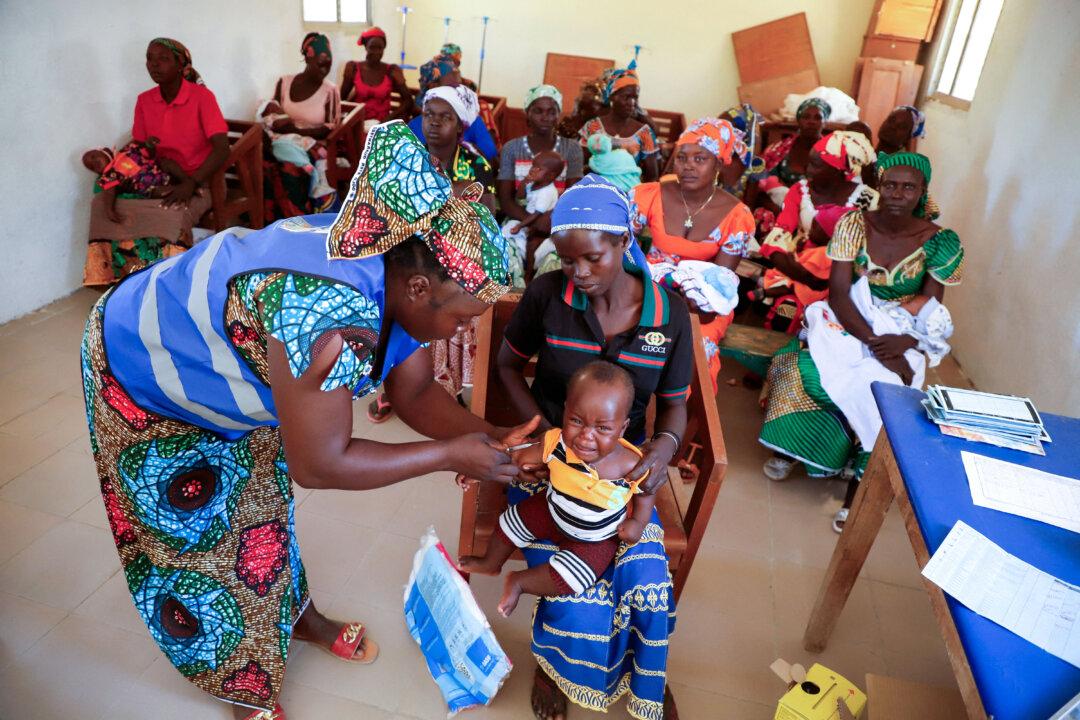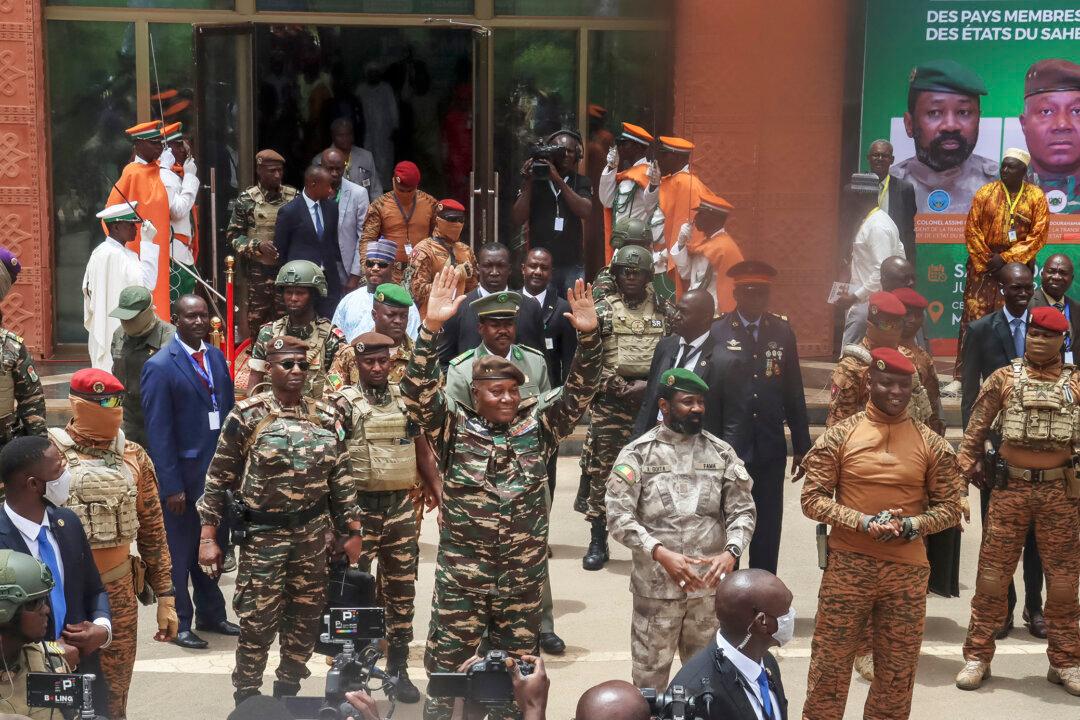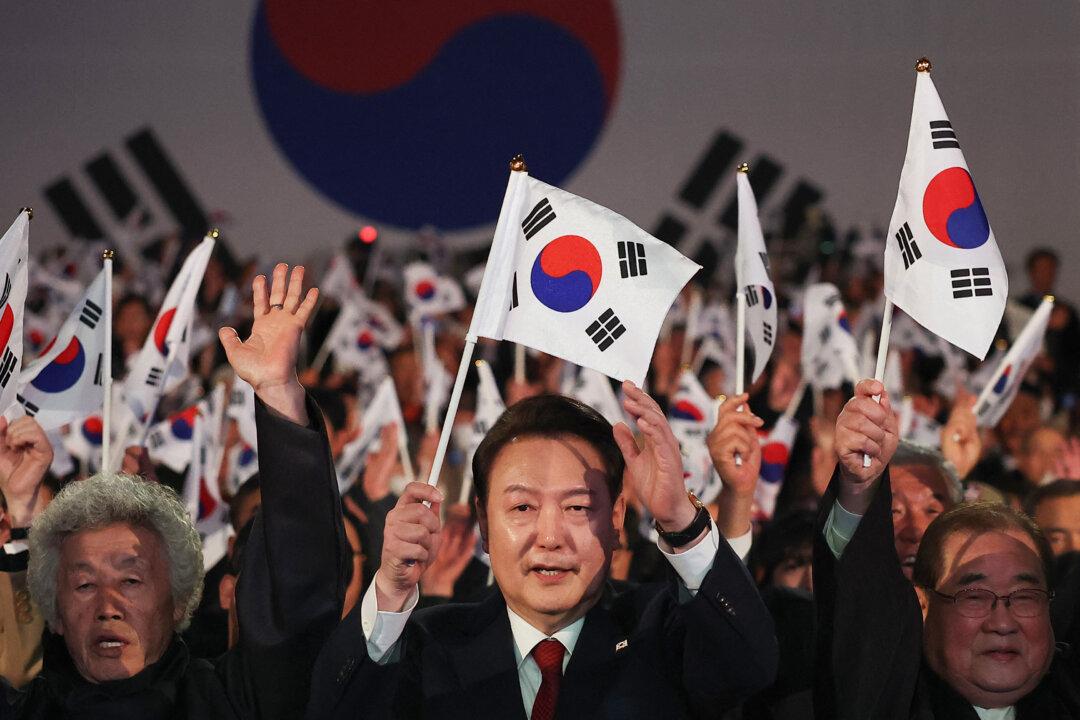Children have recently been caught in the crossfire of the five-year-old war between Cameroon’s military and armed Anglophone separatists, a conflict that has not spared non-combatants.
At least 11 Cameroonian soldiers died Saturday, Nov. 13, when suspected Anglophone separatist militants ambushed them with Improvised Explosive Devices(IEDs) at Matazem, Santa Sub-Division in the country’s embattled North West Region.





